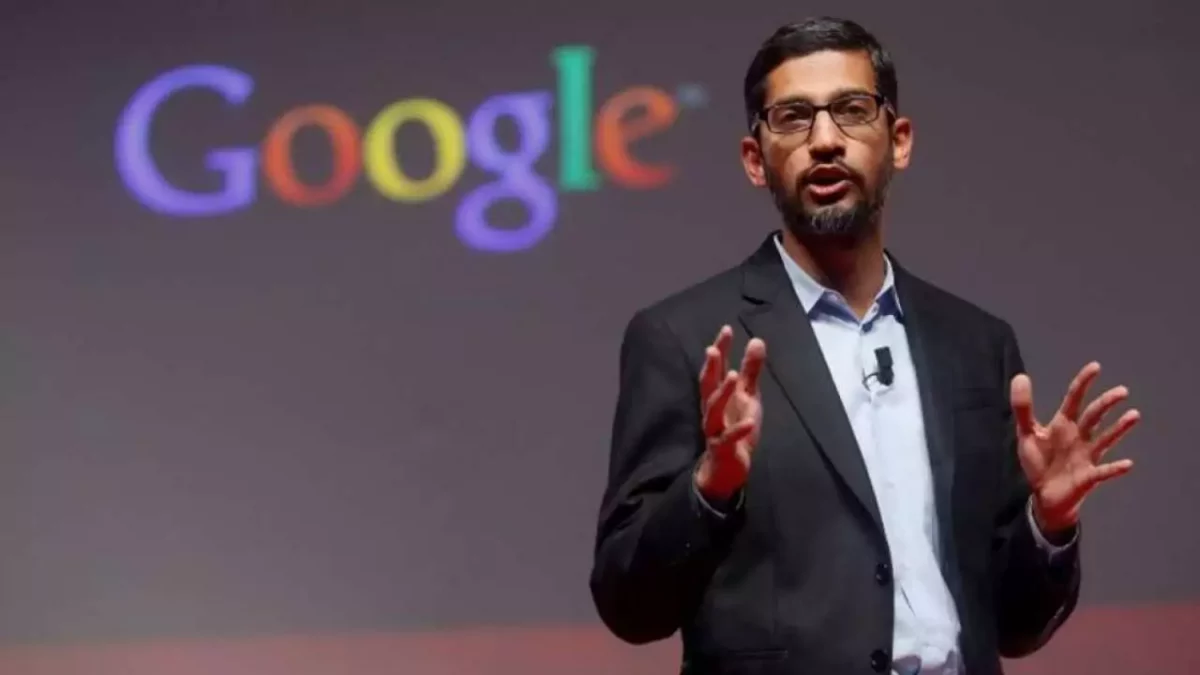Google CEO Sundar Pichai was warned in 2019 that describing the company's Incognito browsing mode as "private" was problematic, yet it stayed the course because he did not want the feature "under the spotlight," according to a new court filing reported by Reuters news agency.
Users have alleged in a lawsuit that Google unlawfully tracked their internet use when they were browsing Incognito in its Chrome browser. However, Google claims it makes clear that Incognito only stops data from being saved to a user's device and is fighting the lawsuit.
In a written update on trial preparations filed Thursday in U.S. district court, attorneys for the users said they "anticipate seeking to depose" Pichai.
The attorneys, citing Google documents, said Pichai "was informed in 2019 as part of a project driven by Google Chief Marketing Officer Lorraine Twohill that Incognito should not be referred to as 'private' because that ran 'the risk of exacerbating known misconceptions about protections Incognito mode provides.'"
Also read: Google moves High Court against CCI for leaking probe report to press
"As part of those discussions, Pichai decided that he 'didn't want to put incognito under the spotlight' and Google continued without addressing those known issues," Reuters cited the attorneys as telling the court.
Google spokesperson Jose Castaneda said teams "routinely discuss ways to improve the privacy controls built into our services." Google's attorneys said they would oppose efforts to depose Pichai and Twohill.
Consumers who have filed cases against the tech giant contend that Google has been collecting data using other services while in Incognito mode.
For example, when a user visits a website in Incognito mode their data can still be collected by Google Analytics.
The consumers say they were under the impression Incognito mode offered all encompassing privacy from data trackers. However, Google disputes these claims.
Google has been trying to get a lawsuit dismissed since it was filed last June. A federal judge ruled the lawsuit must go forward.
The judge’s ruling stated Google does not adequately inform users that their data can be collected in Incognito mode.



















